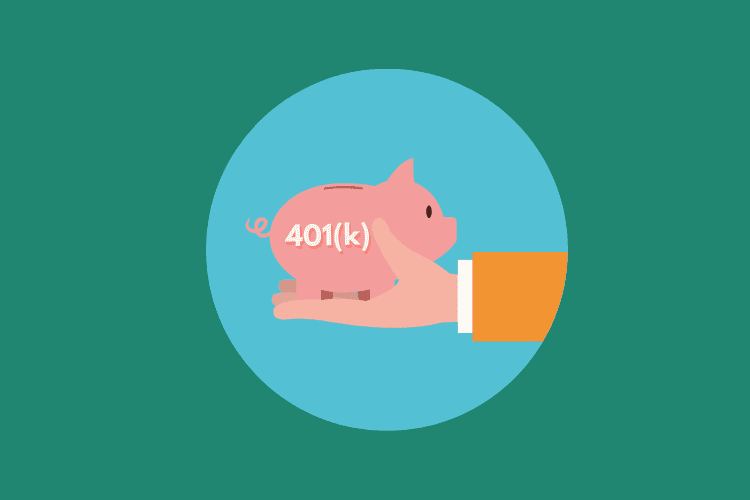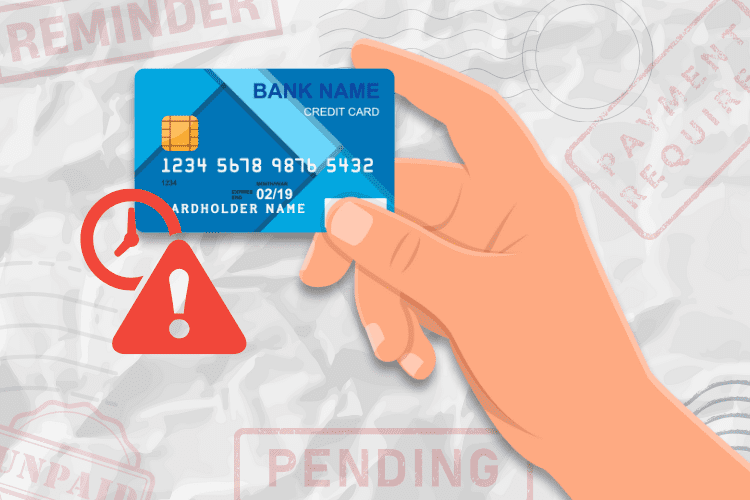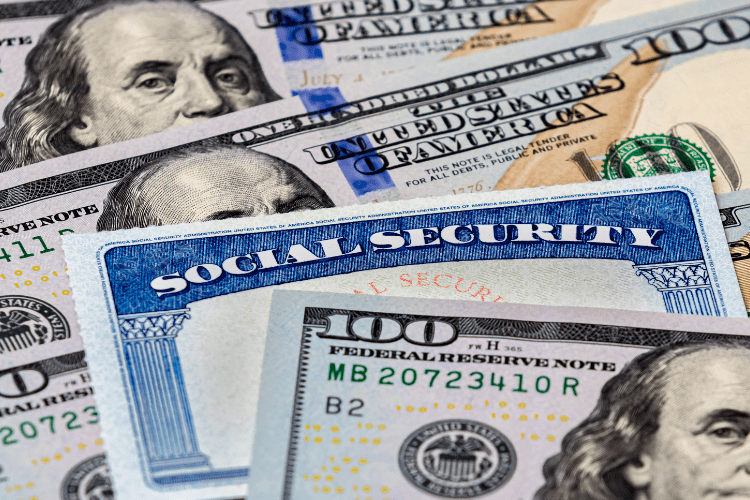Why Are More Americans Dipping Into Their 401(k) Funds?

There’s been a noticeable shift in how many Americans treat their 401(k) plans.
Traditionally, these accounts were their golden nest egg for when they retired. Now, a record number of workers are tapping into these funds to cover financial emergencies.
So, what does it mean for the future of retirement savings? Let’s review these recent changes and how to navigate your account in the future.
Why Are People Dipping Into Their 401(k) Funds?
When 401(k) plans were introduced in the 70s, dipping into them was off-limits. You saved a portion of your salary, and once you reached retirement, you had a decent nest egg to live on.
But everything’s different now.
As life gets more expensive, many Americans are struggling to keep up. Inflation has increased prices, housing costs are at an all-time high, and many are going into debt to keep the lights on. It’s still not enough even with rising wages and a strong job market.
This situation forces many Americans to find other ways to pay for essentials, including withdrawing money from their 401(k) accounts for some financial relief.
Legislative Changes Affecting 401(k) Access
Seeing how the financial landscape has changed, Congress has made it easier to dip into 401(k) savings for urgent needs.
The Secure 2.0 plan allows you to take up to $1,000 in emergency distribution to cover emergency expenses. Unlike traditional withdrawals, you won’t be responsible for any tax penalties.
However, you can only do this once a year and must pay it back in a certain amount of time. Still, being able to do this when you need it makes it easier to access funds when you need them.
Cons Of Early 401(k) Withdrawals
If you need more cash on hand, know that 401(k) withdrawals have their share of cons. In addition to paying your usual income taxes, you’ll need to pay a 10% tax penalty on the amount you take out.
But that’s only the tip of the iceberg. The actual cost is the long-term impact and lower returns on retirement savings.
The whole point of retirement accounts like the 401(k) is to enjoy the compound growth of these savings once you retire. Withdrawing too early could potentially delay your retirement plans.
A Better Alternative: 401(k)s Loans
If you don’t want to deal with penalties or put off retirement, 401(k) loans give you a solid alternative. This method allows you to “borrow” from your fund and repay the loan (with interest) back into your retirement account.
Borrowing will also help you avoid taxes and penalties. However, you’ll need to pay it back in a set amount of time. Defaulting on it will land you in the same situation as an early withdrawal, so plan it carefully and never borrow more than you can afford!
The Growing Popularity of Automatic Enrollment and Its Effects
Automatic 401(k) plan enrollment has motivated employees to participate and boost their savings rates.
Theoretically, this puts more workers in a better place for retirement. But having easy access to these funds could also tempt you to take out more than you need.
Always balance your short-term needs and long-term goals to maximize your 401(k). This way, you’ll have cash when needed and still meet your long-term financial goals.
The Bottom Line
The shifting role of 401(k) plans as a source of emergency funds highlights the financial reality many Americans face today.
On one end, having access to these funds gives you an extra lifeline when needed. But don’t use these recent changes to take out more than you need.
Always stay informed and develop a healthy balance between your needs and retirement goals!
Read More:










